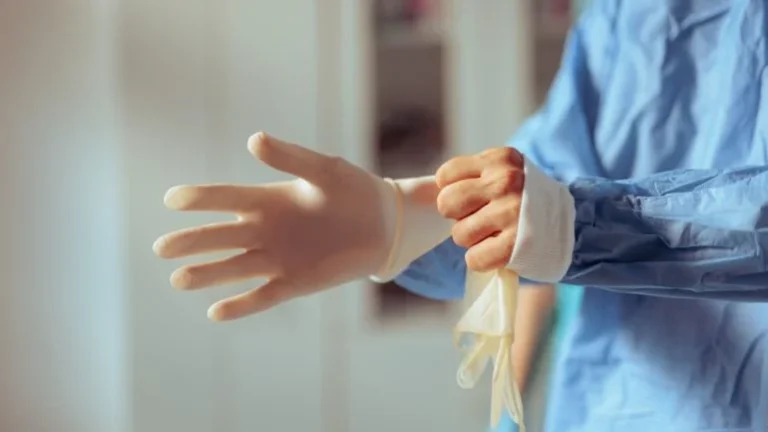
Ondine’s Phase III trial will investigate its Steriwave system for nasal photodisinfection before surgery.

Ondine Biomedical will initiate a Phase III trial of its light-activated antimicrobial technology to reduce healthcare-associated infections (HAIs) early after a $11m fundraising boost.
The Canadian biotech said it experienced strong support from existing investors in the latest funding round and added several significant new investors, including M&G Investment Management. Ondine shared that it is also in talks with what it describes as a major US healthcare group about a further potential investment of up to $4m.
Ondine CEO Carolyn Cross said: “The capital raised enables us to advance our goal to have the first patient treated in December 2024.
“The robust interest we have had in this fundraise is testament to the excitement around our groundbreaking light-activated antimicrobial technology, particularly in the context of the growing death toll caused by antimicrobial resistance (AMR).”
The technology is already marketed outside of the US as Steriwave. It acts using a process dubbed photodisinfection, using light-activated disinfectant to destroy viruses, bacteria, and fungi without causing the development of resistant strains of microbes.
According to the company, Steriwave has resulted in significant reductions in surgical site infection rates, patient readmission numbers, length of stay, and antibiotic usage. The technology received a CE mark in Europe in 2020 and is used within the UK National Health Service (NHS) trusts.
Ondine’s trial, which plans to enrol 5,000 patients and is designed as a group-randomised crossover study, will be conducted across 14 of its US partner HCA Healthcare’s hospital sites and compare standard of care (SoC) infection prevention practices with and without nasal photodisinfection.
The trial aims to conclude enrolment by mid-2025, with an early data readout anticipated in late-2025.